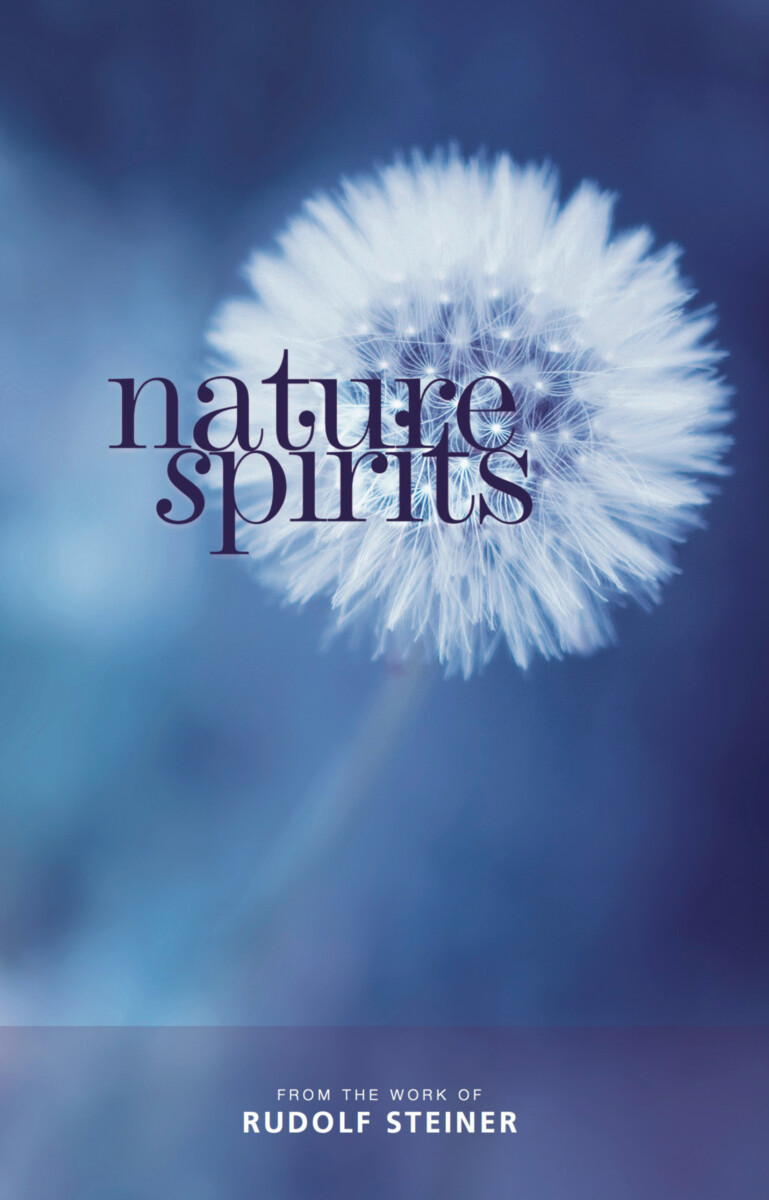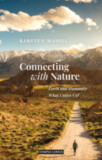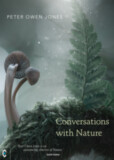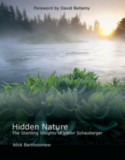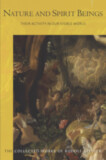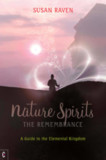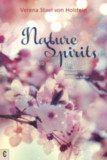Nature Spirits Edition 2 Revised
Selected Lectures
Introduction by Wolf-Ulrich Klünker
Edited by Wolf-Ulrich Klünker
Revised by Brendan McQuillan
- Publisher
Rudolf Steiner Press - Published
20th January 2017 - ISBN 9781855845305
- Language English
- Pages 208 pp.
- Size 5.5" x 8.5"
Based on knowledge attained through his highly trained clairvoyance, Rudolf Steiner contends that folk traditions regarding nature spirits are based on spiritual reality. He describes how people possessed a natural spiritual vision in ancient times, enabling them to commune with nature spirits. These entities—also referred to as elemental beings—became immortalized as fairies and gnomes in myth, legend, and children's stories.
Today the instinctive understanding that humanity once had for these elemental beings, says Steiner, should be transformed into clear scientific knowledge. He even asserts that humanity will be unable to reconnect with the spiritual world if it cannot develop a new relationship to the elementals. The nature spirits themselves want to be of great assistance to us, acting as "emissaries of higher divine spiritual beings."
C O N T E N T S:
Introduction by Wolf-Ulrich Klünker
1. Elemental Beings of Earth and Water (Helsinki, Apr. 1912)
2. Elemental Beings and the Spirits of the Cosmos (Helsinki, Apr. 1912)
3. Redemption of the Elementals by the Human Being (Düsseldorf, Apr. 1909)
4. Gnomes, Undines, Sylphs, and Salamanders (Berlin, June 1908)
5. Phantoms, Specters, and Demons (Berlin, June 1908)
6. Elemental Spirits of Brith and Death (Dornach, Oct. 1917)
7. Truth, Beauty, Goodness, and the Elemental Beings (Dornach, Dec. 1922)
8. Elemental Spirits and the Plant World (Dornach, Nov. 1923)
9. Elemental Spirits and the Animal Kiingdom (Dornach, Nov. 1923)
10. Ahrimanic Elemental Beings (Torquay, Aug. 1924)
11. The Elemental World and the Future of Mankind (Dornach, May 1922)
12. Perception of the Elemental World (Munich, Aug. 1913)
Notes
Rudolf Steiner
Rudolf Steiner (b. Rudolf Joseph Lorenz Steiner, 1861–1925) was born in the small village of Kraljevec, Austro-Hungarian Empire (now in Croatia), where he grew up. As a young man, he lived in Weimar and Berlin, where he became a well-published scientific, literary, and philosophical scholar, known especially for his work with Goethe’s scientific writings. Steiner termed his spiritual philosophy anthroposophy, meaning “wisdom of the human being.” As an exceptionally developed seer, he based his work on direct knowledge and perception of spiritual dimensions. He initiated a modern, universal “spiritual science” that is accessible to anyone willing to exercise clear and unbiased thinking. From his spiritual investigations, Steiner provided suggestions for the renewal of numerous activities, including education (general and for special needs), agriculture, medicine, economics, architecture, science, philosophy, Christianity, and the arts. There are currently thousands of schools, clinics, farms, and initiatives in other fields that involve practical work based on the principles Steiner developed. His many published works feature his research into the spiritual nature of human beings, the evolution of the world and humanity, and methods for personal development. He wrote some thirty books and delivered more than six thousand lectures throughout much of Europe. In 1924, Steiner founded the General Anthroposophical Society, which today has branches around the world.


